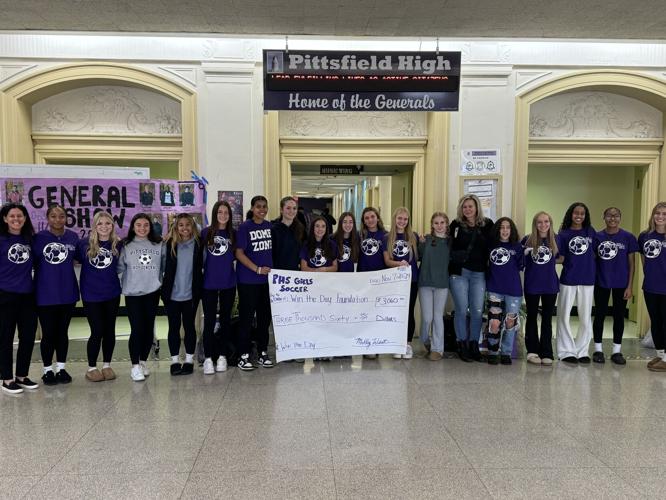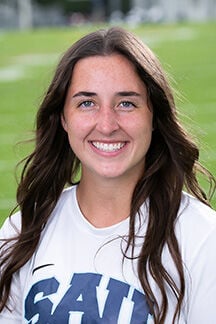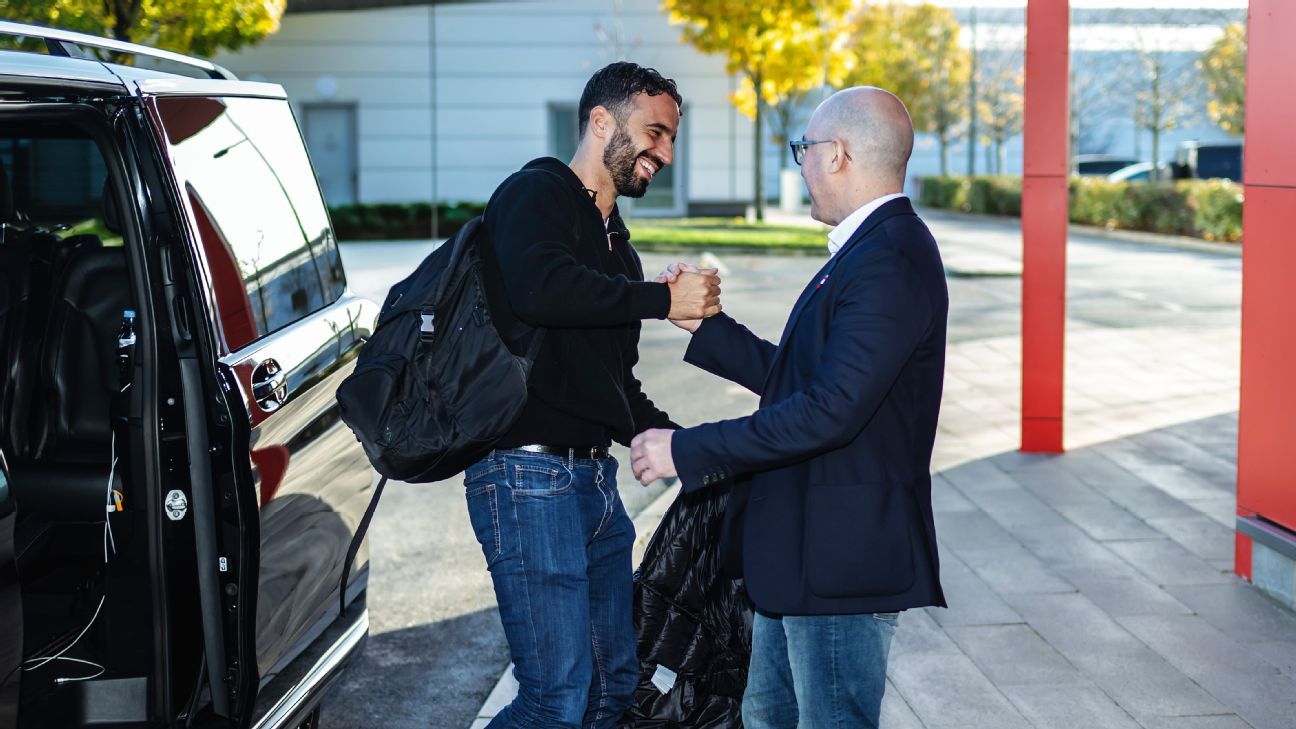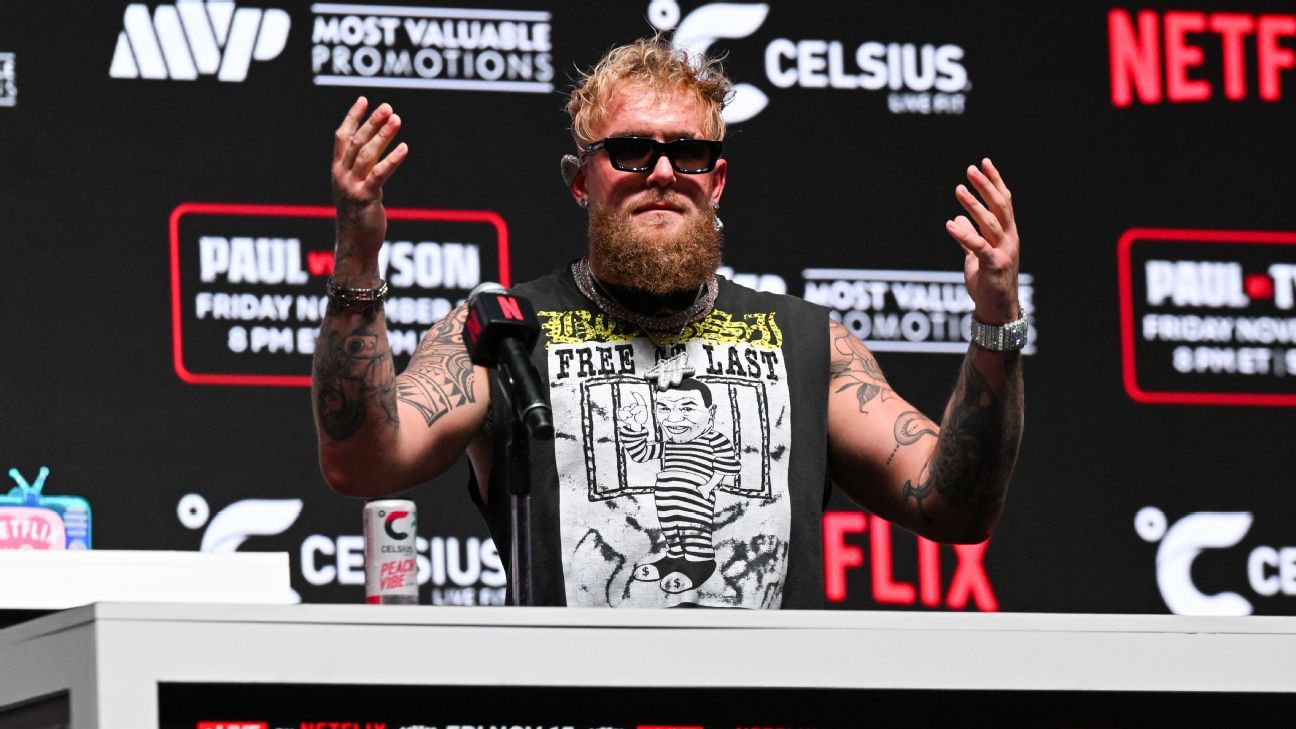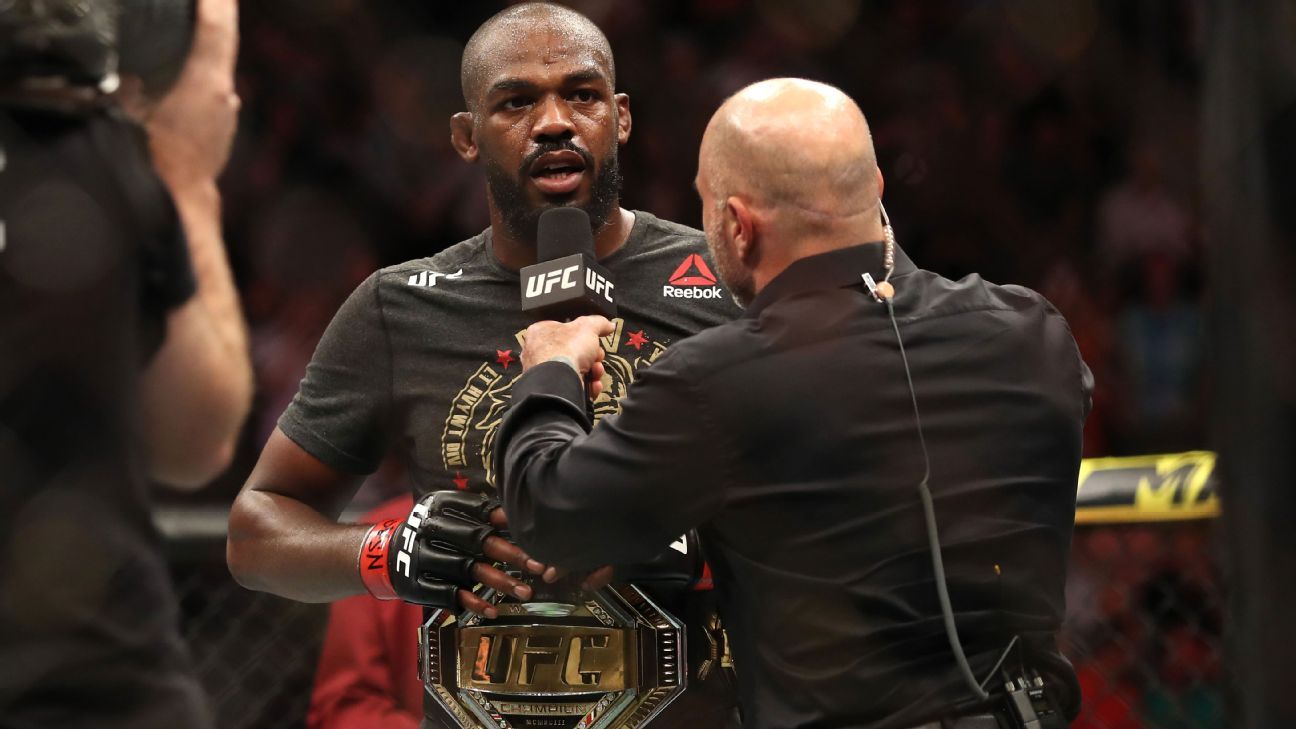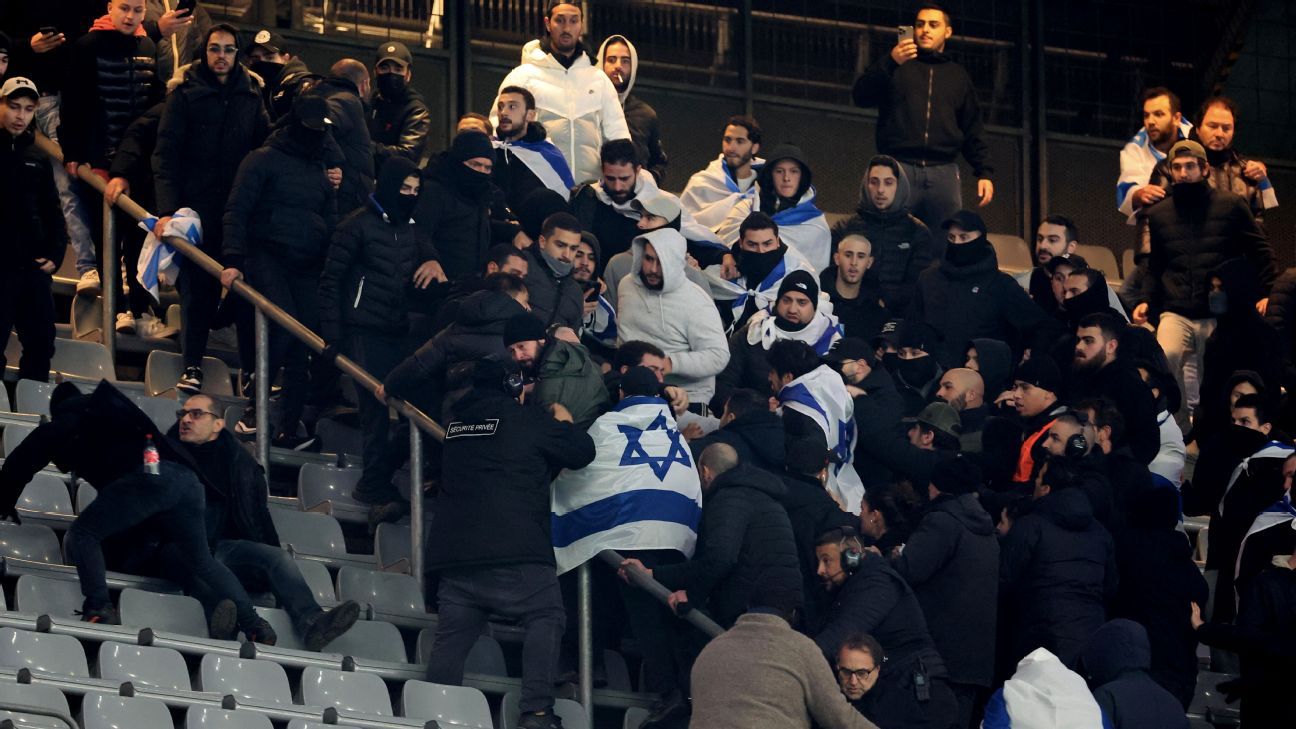
SEAN O’BRIEN HAS always had lots going on in his life. When he played for Leinster and Ireland, his coaches used to plead with him to do less. How about not trekking home to the farm in Tullow when he might have been resting and recovering in Dublin? What about saying no to the requests to come and coach youths teams the evening after his own sessions? Joe Schmidt went as far as to buy O’Brien a second phone, asking him to share the new number with only his closest family and friends.
He was hoping O’Brien would be uncontactable but it didn’t work out that way. Two-and-a-half years after his retirement from playing professional rugby, O’Brien still has fingers in many different pies. Most importantly, he welcomed his first child, Jack, into the world in March.
O’Brien is still farming. He has business interests in Dublin bars McSorleys, the Bridge, Lemon & Duke, and the Blackrock, which he co-owns with former team-mates Jamie Heaslip, Rob Kearney, and Dave Kearney. O’Brien is into his third season as assistant coach with Leinster where his focus is on the contact skills and breakdown.
He’s also the director of rugby for Tullow RFC, who he has proudly played for since retiring from the pro game, helping them to win the Towns Cup last season. The ex-openside even lined out at out-half at one stage. O’Brien has stepped back from the senior team this season and is now working mainly with Tullow’s U18s in a bid to make sure the club has a pipeline of young players feeding into the men’s side.
There are always a few other bits and pieces to keep O’Brien occupied. This interview is part of the launch of a new app called , which he co-founded with former Kildare footballer Johnny Doyle among others. Basically, the app connects sports clubs with coaches and managers.
Like all the best ideas, it’s simple. “We’re describing it as the Tinder of coaching,” says O’Brien with a smile. “It’s similar, you put in what you’re looking for and hopefully you find something that aligns with that.
” Despite everything on his plate, O’Brien is no longer in any doubt that he is a rugby coach. It’s about 18 months since O’Brien told the audience at ‘s live show in Tullow that he was unsure whether professional rugby coaching was really for him, but his mindset has changed. “I wouldn’t say I’m in that boat still,” says O’Brien.
“I suppose when you first go into something, you’ve a lot of figuring out to do. I’m really enjoying it at the minute, that’s one thing I’d have said – that if I wasn’t enjoying it or adding value to the set-up..
. well, one, Leo [Cullen] wouldn’t have me here and the second thing would be that I’d be codding myself. “I’m really, really enjoying coaching.
I enjoy going to the games, enjoy what we do during the week, the little bits and pieces that I can chip in with here and there. “But it is a massive commitment to go and be a head coach. I look at Leo, it’s incredible what he does.
I’m on that path, I’m looking at that as something I want to do. “This is my third season, so I’m getting to grips with it more and learning lots. I’m 37 as well, I’m very young for a coach at this level.
” O’Brien played at the highest level, starring for Leinster, Ireland, and the Lions, but he had never considered the bigger picture. Now he appreciates what it takes to manage a group of 60 players. He understands the hours that go into giving a team the right info, with Leinster analysts Brian Colclough and Juliette Fortune a big help in improving O’Brien’s video work.
O’Brien is more organised than ever now. He has to be to stay on top of things in an environment like Leinster’s. The Tullow man says he’d “never say never” to branching out and going abroad to coach but he’s happy where he is now.
Working with and learning from the likes of Cullen, Robin McBryde, and Tyler Bleyendaal, as well as Stuart Lancaster, Felipe Contepomi, and Andrew Goodman before, is important. O’Brien has a close working relationship with current senior coach Jacques Nienaber. “I’m in charge of the breakdown and the contact skills part of it, which would be the carry, tackle entry, stuff like that,” says O’Brien.
“Jacques is obviously over the defensive side of things, so there would be a lot of correspondence with him on different aspects of the D part of it. “Jacques lives and breathes it. His attention to detail, his knowledge, especially how passionate he is about it, he definitely has a bit of madness! “But Jacques is just another big cog in the wheel here.
I’d be looking at Leo some days and thinking, ‘I don’t know how you do it.’ He pulls it all together, which is the crazy thing. From the outside, people maybe don’t see that but it’s phenomenal the amount of work that goes into it.
” When Lancaster was in Leinster, he facilitated psychometric testing that helped players to understand their personality traits and styles, and those of their team-mates. Each personality was graded as a different colour – red, green, blue, yellow, or somewhere in between. As Johnny Sexton reminded us recently in his book, he was the one pure ‘red’ – assertive, strong-willed, driven, highly competitive.
The only other person who had a genuine foot in the red camp was O’Brien. The majority of the rest of the Leinster squad, most of whom are still there now, were blues – deep thinkers, rational, analytical, rigorous – and yellows - creative, cheerful, energetic, and optimistic. “I definitely think I’ve adapted,” says O’Brien now.
“The last time I did that test, I would have been more into the red but I’d have had a good bit of blue as well in terms of the knowledge part. “I’d have said as a player I’d prefer to be in the red on game day, the way I played because the rest of the stuff flows then a little bit. “The rest of the week, early in the week, you’d try to be in the blue.
On Thursday, you’d be hitting a peak and maybe lighting that fire of making sure we’d all be ready to rock, you get a bit of a spike in your training. “But it’s all changed. The game has moved on so far, so fast, from four or five years ago even when I was finishing with London Irish.
It’s mad, like. “I still have it [the red], it’s there. The players will probably testify that sometimes at half time, I let them know what I’m thinking, in terms of, ‘Are we doing what we said we were going to do? Show us what we talked about.
’ “I might give them a gee-up, but more so when you’re coaching you need to be detailed, especially for this group. They like detail, to know what they’re doing, they like to have a plan around everything. They will challenge you on different things.
“You can’t go in shouting and roaring, saying, ‘Do this, be physical here, be physical there’. “There’s a plan to everything. I think I’ve a nice balance now in terms of being more in the blue because when you’re playing I could do it, or show.
You can’t do that now, you’ve to be able to coach different individuals different ways of doing it because not everyone will do it the same way.” When he and Sexton were breaking into the Leinster squad as players, it was a place full of red personalities. There were big characters throughout the dressing room, plenty of people who would speak up without hesitation.
Again, things have changed. O’Brien reckons it has something to do with mobile phones and how younger people live on them nowadays. Leinster have had to push their new leaders to speak up.
O’Brien is of the view that young Irish players could do with being more vocal but he sees that some of the change has been good. “I would say it’s an Irish thing now, all the provinces would be in a similar situation because things have moved on at international level too,” he says. “We know it’s a happy, good environment where lads could express themselves, I don’t think there’s much.
.. you go back 10 years ago, how many fights there were in training, there’d have been an awful amount in all the provinces.
“I don’t think there’s any of that now. It’s probably a good thing that that’s not there because, one, you can hurt each other and the second thing is have you the discipline, the professionalism to get the job done without getting into all that stuff any more? “That’s a good thing, I would say, but do lads need to be more vocal, do we need a bit more of that? Probably, yes. “How do you develop that from a young age? We have lads in our squad, take Josh [van der Flier], for instance – Josh isn’t a talker, but he’s a doer.
He’ll do his job, he’ll hit people, carry, has an engine like no other, but he’s just not a natural talker. “That’s OK, but when it comes to a melting pot, a little bit of voice, especially when people are tired. Lads that are capable of actually speaking, it’s a powerful thing to be organised, to put yourself in places where you’re seeing it before it happens.
Rather than responding to it. “So, if I was developing or having a chat with a 15 or 16-year-old now, if they can express themselves in terms of their voice it would be brilliant for them down the road in terms of coming into a professional environment. “There’s some great lads coming through our academy that are talkers, as well, that’s throughout all the provinces.
“Chat, that’s a problem everywhere. There’s quiet people, noisy people but are they saying the right things or leading by example rather than voice? In our era, there was a couple of people who were talkers and doers, but you’re not going to have that all the time. “Someone like Caelan [Doris, the new Leinster captain], he isn’t a shouter or roarer but he is organised on the field.
He’s chirping to the lads either side of him, you mightn’t see it that much.” The early years of O’Brien’s playing days with Leinster were a whirlwind of success. He was part of the wider set-up when they won their first Heineken Cup in 2009, then a star of the 2011 and 2012 triumphs.
Now, he’s working to help this latest crop become winners after the near misses of the last three Champions Cup finals. “There’s definitely a disappointment at not getting over the line, of course there is, but I think some of those results we’ve had, it’s been a bounce of a ball, a kick of a ball, or a catch of a ball,” says O’Brien. “It’s not as if we’re going out in those finals and getting pumped in any one area.
The only game I could say we got badly done in was the breakdown in that Toulouse game. That was probably the most disappointed I’ve been after a game in terms of how you look at them during the week, you know what’s coming from their threats, how do we deal with them. “Is there something missing? I don’t think there’s something major missing.
There’s little small bits and pieces we can tweak within a game and we just need to be on it. “But I’d rather be knocking on the door in the last five minutes of the game than be 20 points down and you haven’t been competitive. It’s fine margins, as we all know, but I firmly believe we’re in a great place in terms of the squad, in terms of the coaching group, in terms of getting there and really wanting to get there.
“There’s been a lack of trophies, I suppose, in the last few years but I always say to some of the younger lads that when I came in first, Leinster had won nothing. They’d won a Celtic League, a few bits and bobs, but we weren’t playing serious games week in, week out. Now with the URC, it’s more competitive than ever and Champions Cup is obviously unbelievable at the minute.
“We just need to keep knocking on the door and hopefully those one or two percenters we need in the big games go our way. “But there’s not a whole lot wrong with what we’re doing.”.


